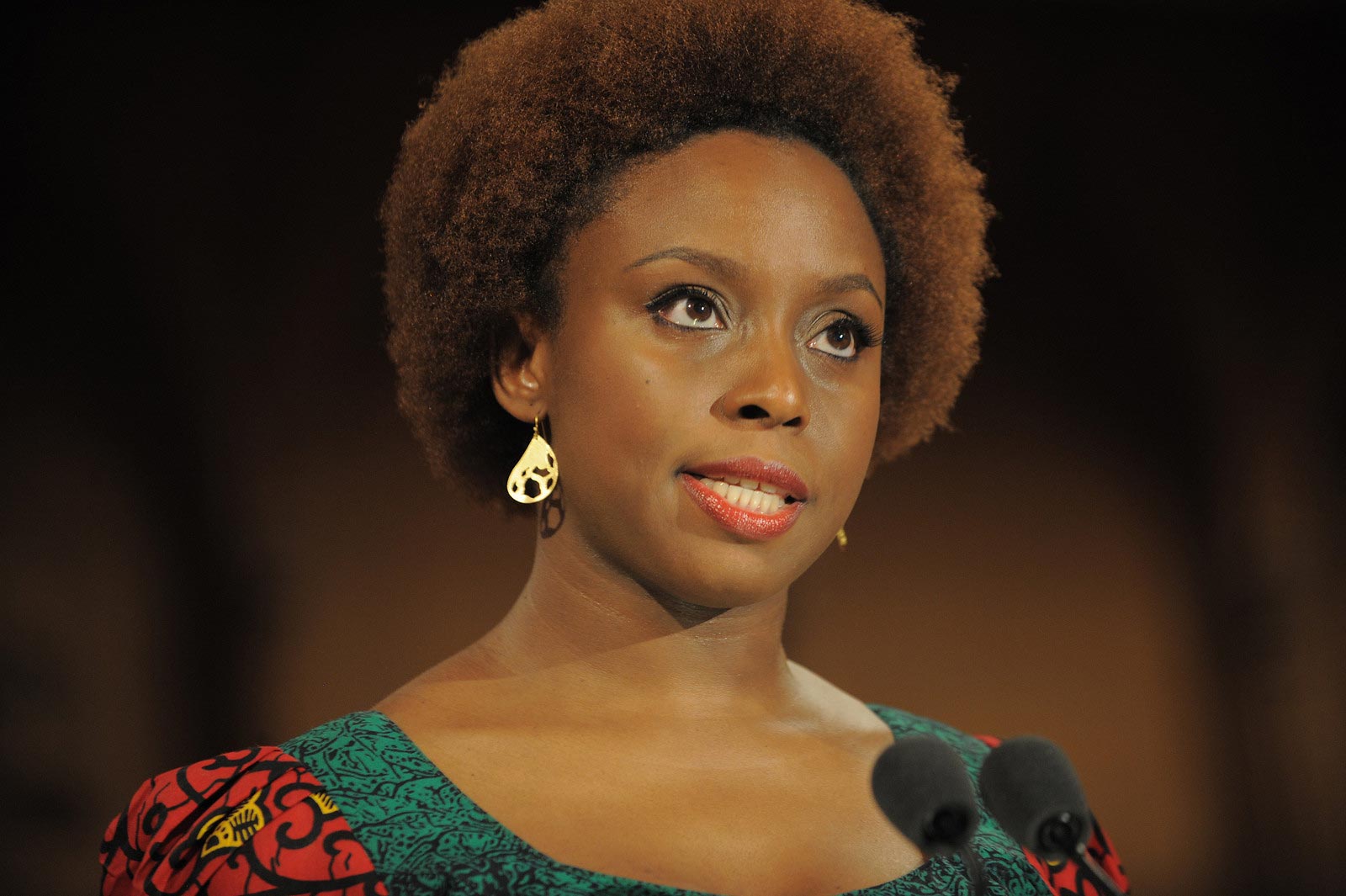Renowned Nigerian female writer, who has often times been ranked in the leagues of the great Elechi Amadi and who is known for works including, Purple Hibiscus, Half Of A Yellow Sun and Americana among others, Chimamanda Ngozi Adichie, has blamed the kidnap of her father earlier in the month of May, 2015 on her fame as a writer.
The writer expressed her guilt over her father’s kidnap in an article that was published by the New York Times. Adichie wrote about how the kidnappers had asked her father to tell his daughter the writer to pay his ransom fee.
Adichie did not forget to also pass the blame that was due to the Nigerian security forces for their negligence in the kidnap. She wrote that during the period her father was in the den of the kidnappers, she had discovered the hollowness beneath the government’s declaration of security.
Her parents have since left for the United States but according to the writer, the memories are not about to be forgotten.
“With my father’s release, we all cried, as though it was over. But one thing had ended and another begun. I constantly straddled panic; I was sleepless, unfocused, jumpy, fearful that something else had gone wrong.
“And there was my own sad guilt: He was targeted because of me.
“Ask your daughter the writer to bring the money,” the kidnappers told him, because to appear in newspapers in Nigeria, to be known, is to be assumed wealthy.
“The image of my father shut away in the rough darkness of a car boot haunted me. Who had done this? I needed to know.
“But ours was a dance of disappointment with the authorities. We had reported the kidnapping immediately, and the first shock soon followed: State security officials asked us to pay for anti-kidnap tracking equipment, a large amount, enough to rent a two-bedroom flat in Lagos for a year. This, despite my being privileged enough to get personal reassurances from officials at the highest levels.
“How, I wondered, did other families in similar situations cope? Federal authorities told us they needed authorization from the capital, Abuja, which was our responsibility to get. We made endless phone calls, helpless and frustrated. It was as though with my father’s ransomed release, the crime itself had disappeared. To encounter that underbelly, to discover the hollowness beneath government proclamations of security, was jarring.”







